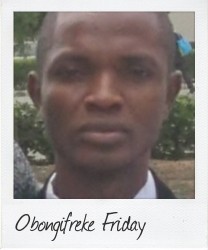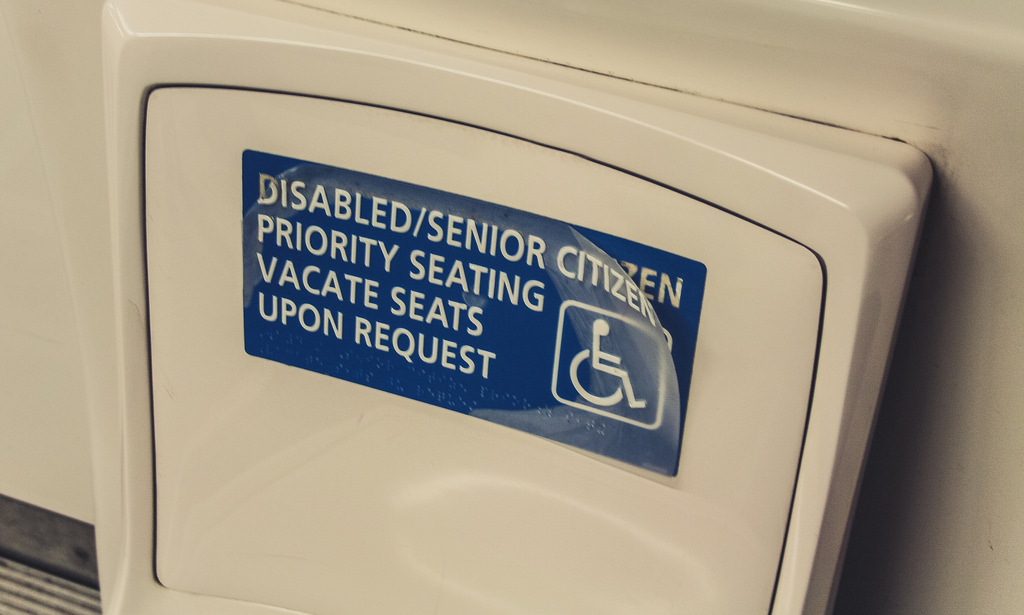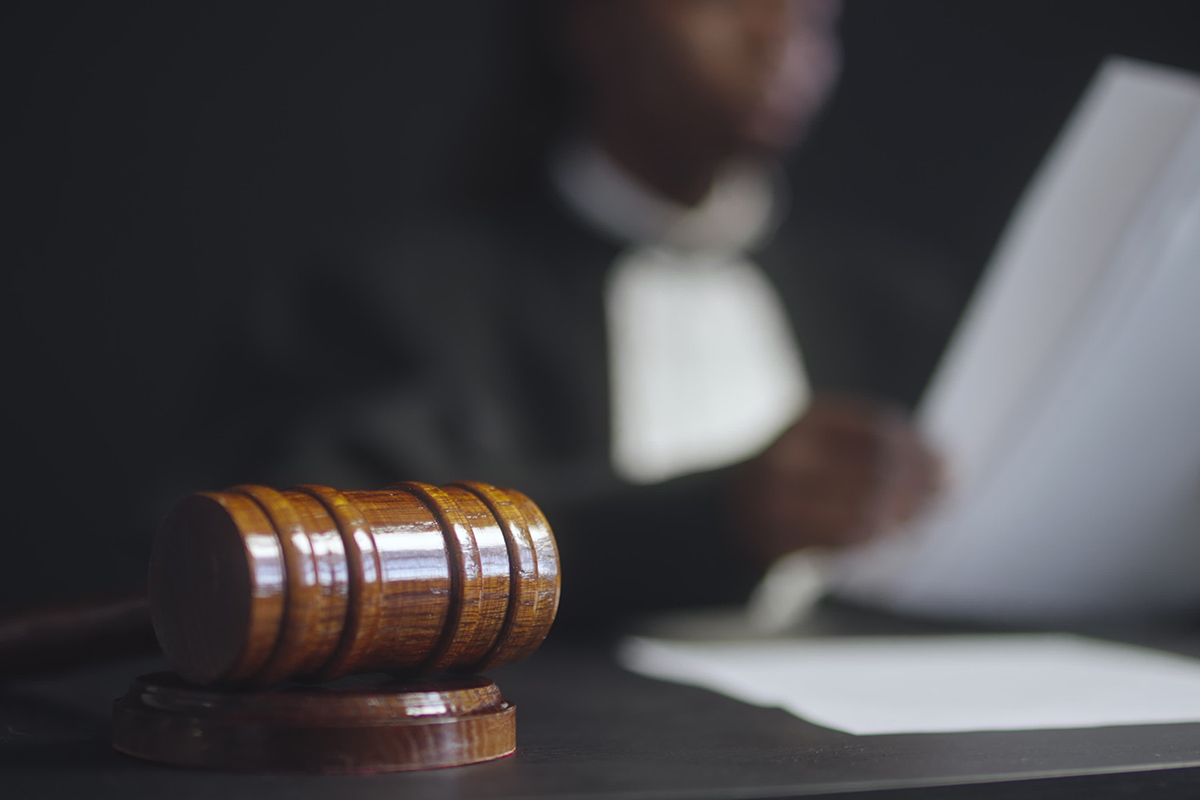“Education helps people with disabilities”
October 13 Statements of support have been made on behalf of people with disabilities, but as Obongifreke Friday, 27, a Commonwealth Correspondent from Akwaibom in Nigeria writes, governments must provide educational opportunities that will help change attitudes about disability.
Statements of support have been made on behalf of people with disabilities, but as Obongifreke Friday, 27, a Commonwealth Correspondent from Akwaibom in Nigeria writes, governments must provide educational opportunities that will help change attitudes about disability.
A disabled person could be described as a person with permanent illness or injuries which makes it difficult and quite inconvenient for him or her to use the disabled part of the body completely.
It’s unfortunate that on a daily basis we witness a quite large population of people living with these conditions.
I was very shocked, for instance, to discover that according to United Nations statistics about 24 million Nigerians are persons living with a disability. (The Guardian Newspaper 24th February 2015).
From this figure it could be seen that people living with a disability constitute a great proportion of Nigeria’s population. Their conditions vary from one form or the other, and include such wide-ranging situations as those with visual disability, those whose disability affects the functionality of the limbs, those with spinal cord injury, the hearing impaired, and those with intellectual disability. Because of societal attitude, those with albinism also face hurdles.
Now the question is what is the Nigerian government doing to tackle the rights and welfare of these group of people in the national development plan, especially in a society where the majority of the families sees having a person with a disability as shameful.
It could be quite interesting to know that people living with disability can contribute positively to the development of any nation.
A case of this can be witnessed in the 2015 general election in Nigeria. As a presiding officer in one of the polling units, I can still remember how those with a disability participated actively in balloting. There was especially strong involvement from the vision impaired, who were led to the polling centres to exercise their franchise.
Apart from this are various sports and physical recreations which people with disability participate in at national and international competitions. Examples include wheelchair basketball, wheelchair dancing, weight lifting and swimming, as witnessed in various Olympic and Commonwealth games.
Notwithstanding, we now see a lot of members of various professions such as law, medicine, education working and practising in spite of a disability, and their performance is always amazing. This means that if people living with disability are given a special education, especially starting from childhood, they will grow to perform competitively in the society.
Over the years there have been various policies and decrees put in place, such as the adoption of World Programme of Action concerning Disabled Persons in 1992 by the United Nations General Assembly, the provision of the Rights of Children with Disabilities in the Convention of Right of Child (CRC) in 1989 and the Convention on the Right of Persons with Disabilities, which was adopted on the 13th December 2006 at the United Nations headquarters in New York and entered into force on 3th May 2008.
All these provisions were enacted to ensure that the disabled have the right to special measures of protection, active participation, self dignity and welfare. Yet the implementation of these policies are on a decline, especially in Africa as a whole.
We all agree that people with disabilities need love, care and special assistance.
This is why the Nigerian government, African leaders, international agencies and various non-governmental organizations must rise to support people living with disabilities.
As examples of that support, there should be provision of special education centres, mobility aid, sport and recreational centres, various empowerment programmes and skill acquisition centres for people living with disabilities.
Reach me on Twitter @obongifreke
photo credit: Priority Seating via photopin (license)
…………………………………………………………………………………………………………………
About me: I am a Nigerian who likes critical thinking, problem solving and youth motivation.
As a graduate of mechanical engineering I spend most of my time in solving complex engineering mathematics, puzzles and design. And notwithstanding I love playing football!
My passion for writing has made me to write a lot about several issues which I publish in my blog www.fesof.wordpress.com
My mission is to contribute to problem solving while impacting life across the world.
…………………………………………………………………………………………………………………
Opinions expressed in this article are those of the author and do not necessarily represent the views of the Commonwealth Youth Programme. Articles are published in a spirit of dialogue, respect and understanding. If you disagree, why not submit a response.
To learn more about becoming a Commonwealth Correspondent please visit: http://www.yourcommonwealth.org/submit-articles/commonwealthcorrespondents/
…………………………………………………………………………………………………………………




